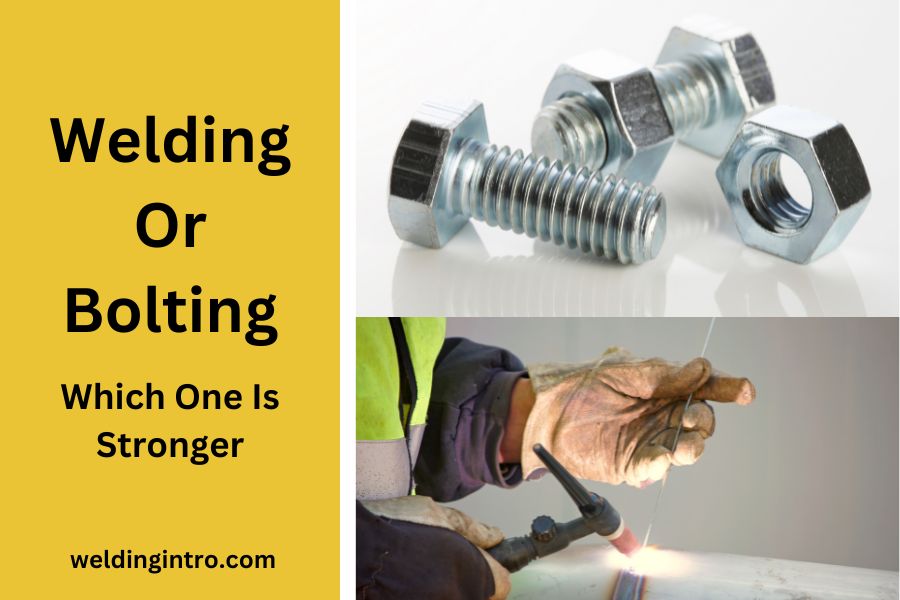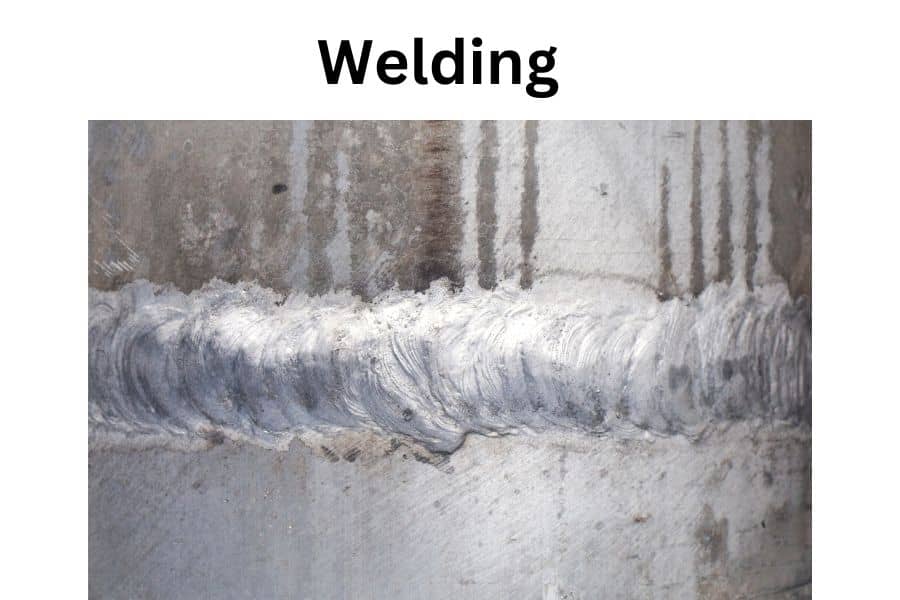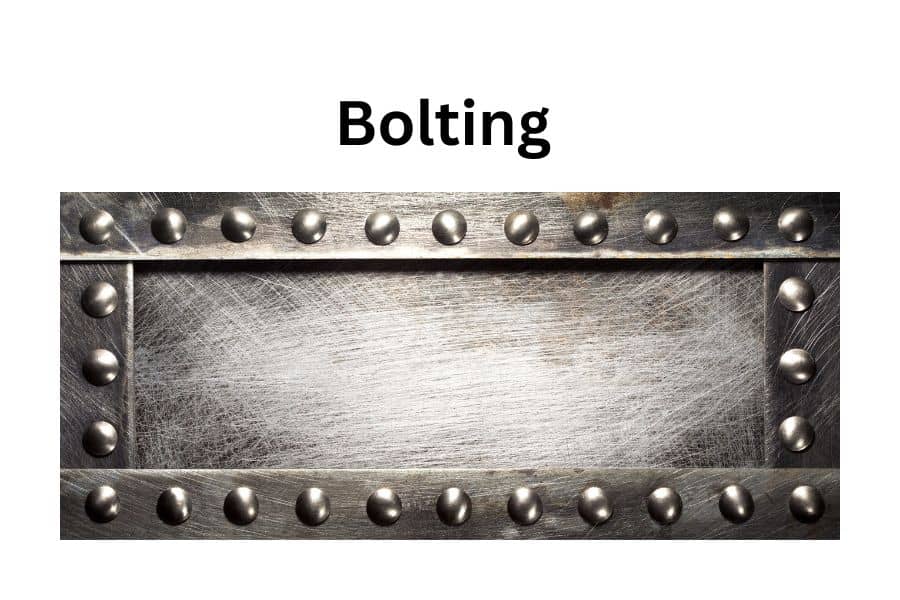In a word, welding refers to joining two metal pieces together by heating. Despite being so versatile, many of us make mistakes in choosing the bolted joints for those tasks where welded joints are obligatory.
Now, you may ask, is welding stronger than bolting? Well, today, I’ll share the real truth, including their pros, cons, and ideal usage.
Advantages of Welding Over Bolting
Although both welding and bolting stand out, and each has its own characteristics, you can still observe some benefits of welding over bolting. Let’s see what they are –
- Improved Strength
There is no doubt that welding tends to be way stronger compared to bolting. Consequently, you may find the joint’s strength more durable, ensuring ultimate longevity.
So yes, it will last pretty long, although you may have to break your bank to get the optimal outcome.
- Smoother Appearance
Chances are the surface where you bolted may turn kind of rough, even if you use the best equipment and stuff. But unlike bolting, welding can let you achieve a smoother appearance, especially if you use the correct parameters, tools, and ideal consumables.
- Less Time-consuming
Even if you aren’t a pro, you won’t have to spend hours and hours on your desired project for welding instead of bolting. That might be a common reason why some of us find it more ideal, even after it takes lots of extra bucks from your wallet.
- More Versatile
- Last but not least, versatility matters a lot for those who need to cover several types of applications quite often and often. In this case, welding offers more benefit than bolting as you’re allowed to weld almost any materials, and that too without any risks.
Is Welding Stronger that Bolting?
The shortcut answer is YES!
Welding is far stronger than bolting. And not only the strength but welding also stands head and shoulders above the bolting for being less time-consuming, precise, and more versatile.

Besides, unlike welding, you may sometimes end up with several holes or stubborn spots through bolting. So overall, welding is my ultimate go-to.
Experts’ Advice: Before choosing a single one between bolting and welding, you first need to determine which type of project you’re going to cover. Thus, you can save yourself from wasting your valuable time, effort, and, most importantly, your money.
Advantages and Disadvantages of Welding
Though welding offers countless benefits, it still can have some cons too. Let’s get familiar with them –

a) Advantages:
- Welded joints are stronger and very rigid.
- Welding doesn’t take lots of time to get the work done.
- Both professional and newbie-friendly.
- Welding ensures a smoother appearance of the workpiece.
- Welding is always multi-functional and used for countless applications.
b) Disadvantages:
- You may end up with excessive spatter using incorrect parameters!
- Unlike bolting, welding will cost you a small fortune!
Advantages and Disadvantages of Bolting
Just like the welding process, bolting also has both benefits and drawbacks. Here, I’ve listed some of them down below –

a) Advantages:
- Without a doubt, creating bolted joints is easier.
- Bolting won’t cost you an arm and a leg, making it more budget-friendly.
- You won’t have to deal with excess noise while making bolted joints.
- Compared to welded joints, there is more bolted joint parts available.
b) Disadvantages:
- For bolting, you may require some extra space
- Bolting isn’t as strong as the welding
- Bolted joints may have some accuracy issues from time to time
When to Use Bolting and When to Use Welding?
After looking at their common benefits and drawbacks, you might get confused about their best usage, is it?
If so, then go forward to learn when to use bolting and when you should use welding
1. When To Use Bolting-
- In general, bolting is ideal for light-duty projects, where you don’t need to focus on structural strength.
- If you’re too new, I’d suggest going for bolted joints to make your projects way easier.
- Are you someone who can’t pay top dollar? If yes, then bolting must be your ultimate choice as it’s considered more affordable than welding procedures.
- Some complex welding tools mightn’t be available near you, which won’t be the case for bolted joints as they’re more available.
2. When To Use Welding-
- If you can spend a pretty penny to achieve the strongest metal joints, then welding should be your first and final choice.
- As for welding, especially when you go for flux-cored shield wire, you won’t require lots of education to weld metal pieces.
- Compared to the bolted joint, welding can ensure a smoother appearance.
- If you’re someone who needs to perform several types of applications at once, welding is far better than bolting.
- Welded joints tend to allow more accurate joints, no matter whether you weld aluminum, mild steel, stainless steel, or anything else.
Last Words
So, is welding stronger than bolting? The answer is a clear “yes.” However, it doesn’t mean choosing bolted joints is the worst decision.
In fact, bolting is ideal in some particular situations, especially when you have budget issues and when you need to cover light-duty projects.
Related Article
